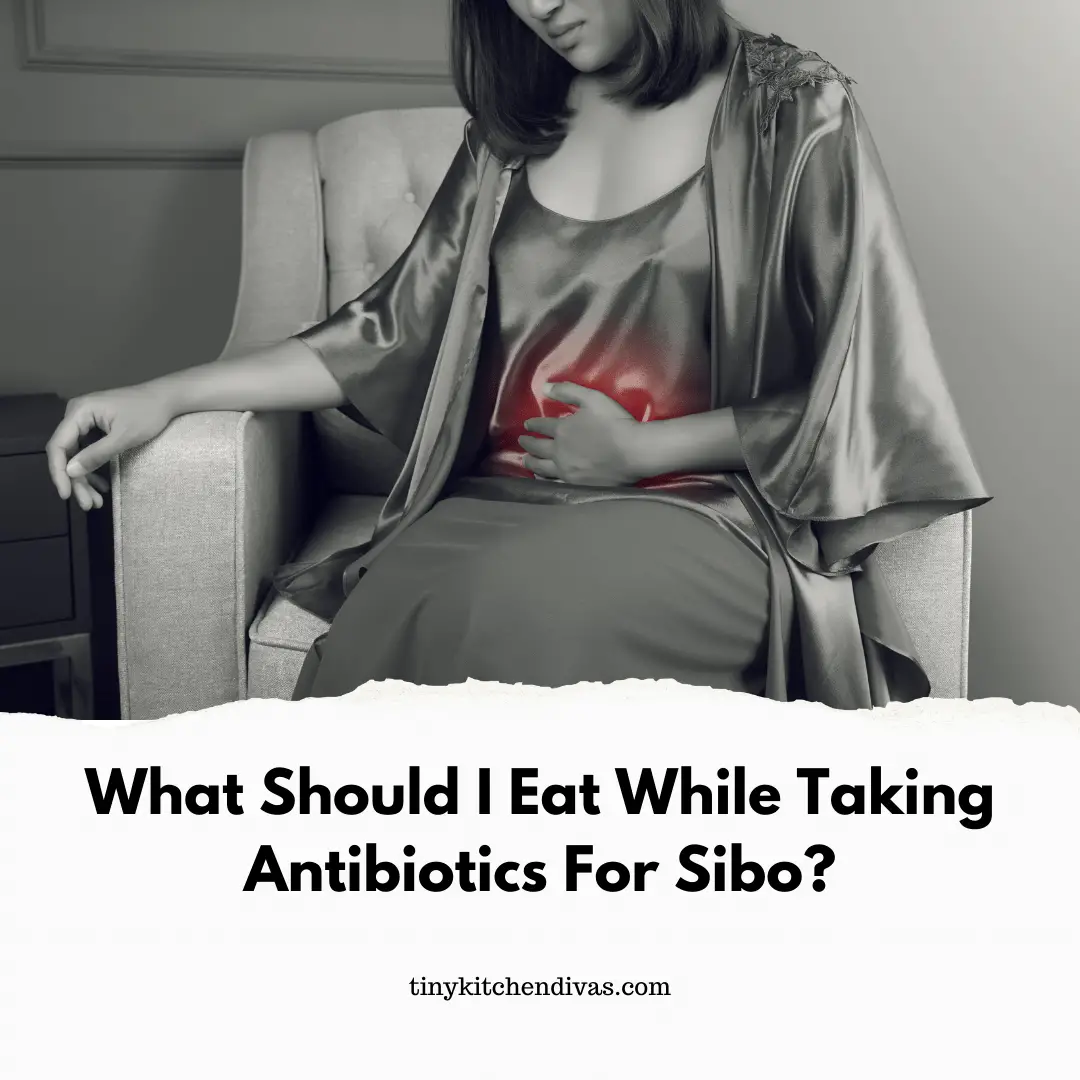When bacteria that typically thrive in one area of your digestive tract, such as your colon, start to develop in your small intestine, this condition is known as small intestinal bacterial overgrowth, or SIBO.
SIBO, if left untreated, can result in discomfort, diarrhoea, and malnutrition (because the body loses its primary nutrients). These dangerous microorganisms can be decreased with proper nutrition.
While receiving antibiotic therapy, using the SIBO diet can hasten your recovery and get rid of bothersome symptoms.
What Is Sibo?
SBBO or SIBO stands for small bowel bacterial overgrowth. Everybody has bacteria in their intestines, but some people have an excessive amount. Additional bacteria can cause issues. This issue can be avoided with proper meal transit via the small bowel, and having appropriate levels of stomach acid also qualifies. Consequently, those who have slow bowel movements or create insufficient stomach acid and are susceptible to bacterial growth.
What Are The Symptoms Of Sibo?
Gas, stomach pain, bloating, fullness, distention, diarrhea, nausea, and/or discomfort following consumption of meals high in fiber or low in sugar, such as soda, candies, and desserts, bran cereals, kidney beans, pinto beans, etc.
How Does My Diet Make Sibo Symptoms Worse?
There are a few ways that diet can make SIBO symptoms worse. First, if you eat a lot of high-fiber foods, this can actually make the symptoms worse. Second, eating sugary foods can also exacerbate symptoms. And finally, eating fatty foods can also increase symptoms.
You should know that if you have a lot of bacteria in your intestines, they are getting the nutrients from the food that you eat before you do! These nutrients from your food are the source of fuel for the bacteria to thrive in your intestine which makes your SIBO symptoms worse.
Cut out the foods and beverages you consume a lot after looking over the list of foods below. At the very least, stop eating sweets and concentrated sugars. That could be all you need to do if you feel significantly better. Then, if you’d like, gradually put back one food at a time. Prior to attempting a different dish again, you should wait three days. If your symptoms return, you might only need to stay away from that dish.
How Should I Eat With SIBO?
Cut out the foods and beverages you consume a lot after looking over the list of foods below. At the very least, stop eating sweets and concentrated sugars. That could be all you need to do if you feel significantly better. Then, if you’d like, gradually put back one food at a time. Prior to attempting a different dish again, you should wait three days. If your symptoms return, you might only need to stay away from that dish.
| FOODS TO EAT | FOODS TO AVOID |
|---|---|
| PROTEIN | |
| ● Pork, beef, chicken, lamb, turkey, duck, shellfish, fish, milk, eggs | ● None |
| GRAINS | |
| ● Starches: rice, noodles, pasta, bread stuffing ● Breads: pita, rolls, biscuits, sandwich, naan, bagels, corn bread, bread sticks, tortillas, English muffins, pancakes, waffles, rice cakes, Unsweetened breakfast cereals ● Hot unsweetened cereals ● Snacks: saltines, club crackers, soda crackers, cheese nips, potato chips ● Low FODMAP Oatmeal | ● Cereals containing 2g or more of fiber ● Whole grain cereals ● Cereals containing coconut, nuts, seeds, or dried fruits ● Sweetened cereals ● Bran, barley, brown rice, faro, wild rice, quinoa ● Bran muffin, fiber bars, granola bars |
| PLANT-BASED PROTEINS | |
| ● Tempeh, tofu, unsweetened peanut butter, nuts, seeds, unsweetened almond butter | ● Dried beans ● Nuts and seeds more than 1oz of serving ● Sweetened nut butters |
| FRUITS | |
| ● Fresh fruits (1 small piece)1/2c or less of applesauce | ● Dried fruits ● Candied fruits ● Fruit juices ● Fruit drinks ● Blended smoothies with fruits ● Canned fruits |
| DAIRY | |
| ● Plain yogurt ● Plain milk ● Plain kefir ● Cottage cheese ● Hard cheese ● Soft cheese | ● Sweetened milk drink ● Sweetened hot cocoa ● Flavored cocoa |
| VEGETABLES | |
| ● White potato ● Butternut squash ● Green beans ● Carrots ● Spinach ● Kale ● Green vegetables ● Tomatoes | ● Artichokes ● Asparagus ● Beets ● Broccoli ● Brussel sprouts ● Cabbage ● Corn ● Cauliflower ● Greeen pepper ● Garlic ● Fennel ● Leek ● Okra ● Shallots ● Sweet potatoes ● Onions ● Tomato paste |
| BEVERAGES | |
| ● Water ● Diet soda ● Unsweetened tea Note: You can also sweeten your teas using Stevia, Splenda, Equal, etc. | ● All fruit juices ● Regular soda ● Blended smoothies ● Flavored milk ● Sweetened coffee ● Sweetened cocoa |
| CONDIMENTS AND SWEETENERS | |
| ● Mayonnaise ● Mustard ● Salad dressings that don’t contain any of the following ingredients on the next column ● Low FODMAP Salad Dressing ● Stevia, Splenda, Equal, Sweet N Low ● Low FODMAP Spices and Seasonings ● Low FODMAP Salsa and Sauces | ● Jams ● Jellies ● Honey ● Agave ● Karo syrup ● Molasses ● Sugar ● Ketchup ● Maple syrup ● Pancake syrup |
| SWEETS | |
| ● Avoid all sweets | ● Cakes ● Cookies ● Candies ● Pies ● Donuts ● Ice creams ● Frozen sweets ● Gelatin desserts ● Trail mix |
| MEDICATIONS AND SUPPLEMENTS | |
| ● Low FODMAP Organic Full Meal ● Low FODMAP Multivitamin | ● Liquid medications that contain sugar alcohols used for flavoring ● Lactulose Fiber supplements like Benefiber,Metamucil, Perdiem, Citrucel |


